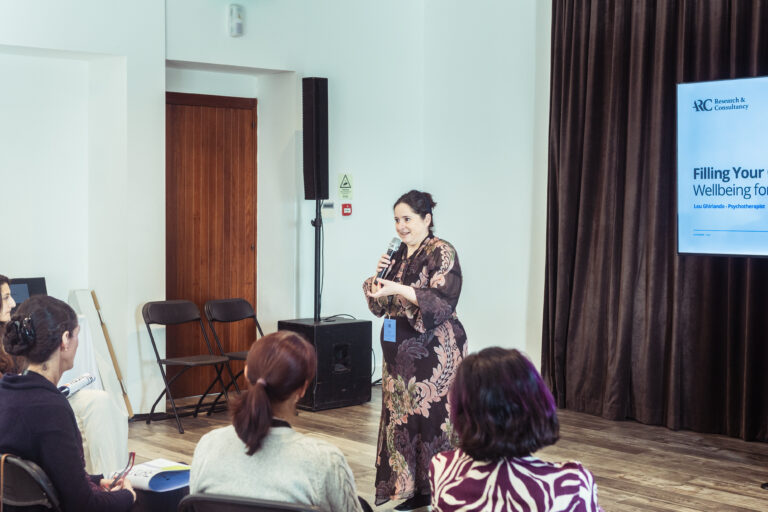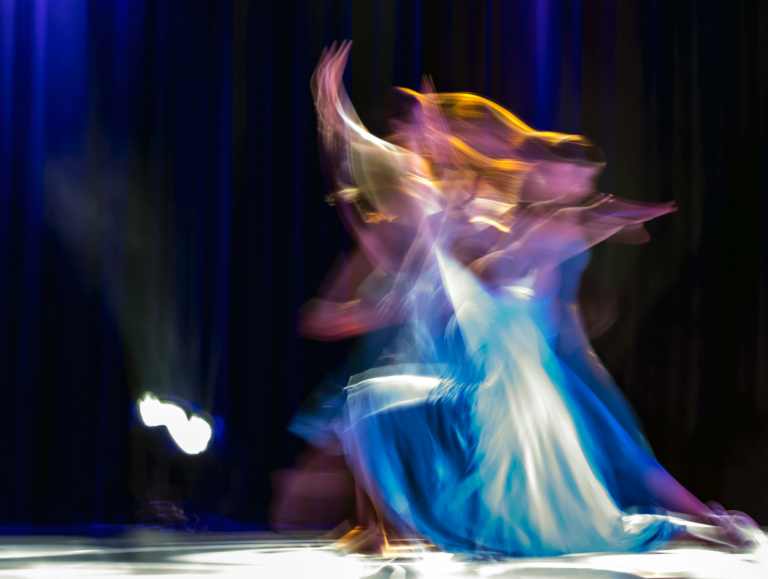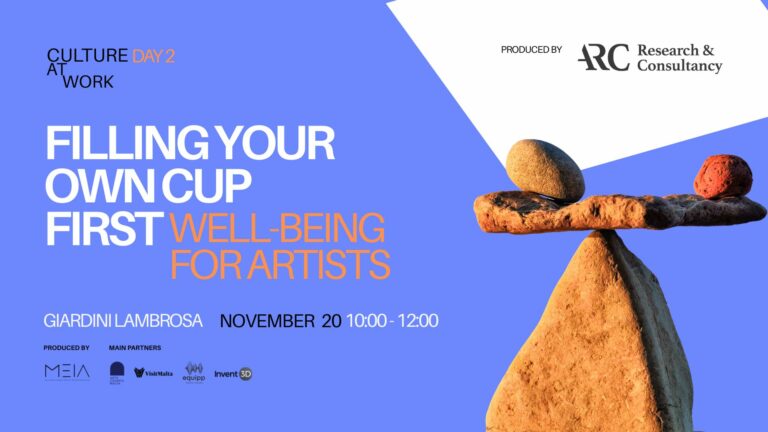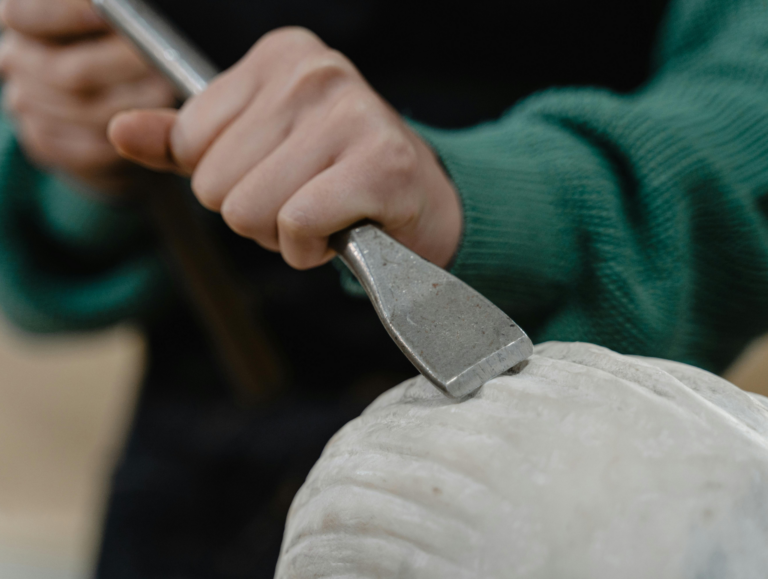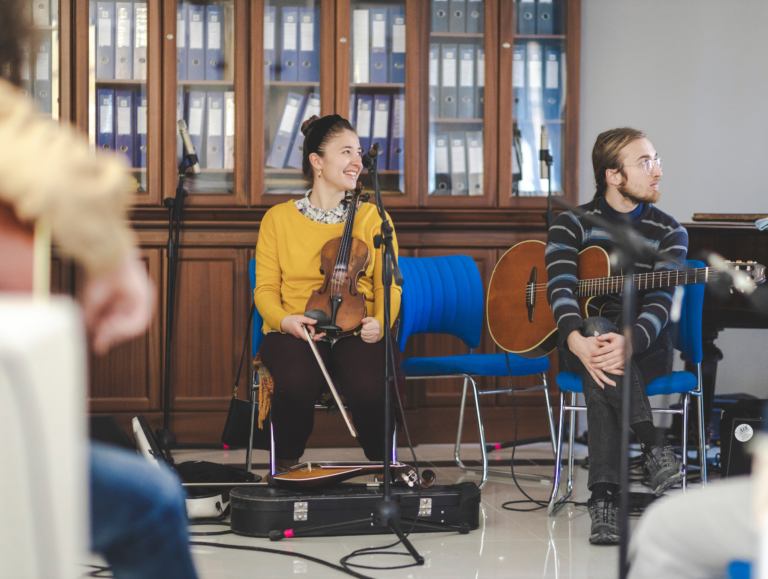Culture in the European Parliament
Advocating for Malta's MEPs to join the CULT Committee
In a time of declining democracies, culture is key. This was the message of ARC Managing Director Davinia Galea published in an opinion piece in the run-up to the European Elections in 2024.
Since then, Malta has elected its 6 MEPs to the European Parliament. During this legislative term, together with our colleagues and peers in the cultural community across Europe, we are once again keen to see a strong Committee on Culture and Education (CULT Committee) in the Parliament, that recognises the role of culture in enhancing resilience, democracy, and competitiveness.
What do we know about Malta’s MEPs and their affinity to cultural matters?
Now that we know who the 6 elected MEPs are, we have delved further into their profiles, political activities, and past interviews, to identify who would be the most ideal candidates for the CULT Committee, and encourage them to express their interest within their respective European political groups, thus ensuring that culture is a priority in the upcoming legislature.
In the run-up to the elections, ARC reached out to all 39 candidates, asking them to respond to a series of questions aimed at assessing where they stand on cultural matters. From the 6 elected MEPs, it was only Roberta Metsola and Thomas Bajada who responded.
Metsola indicated her interest in ensuring Maltese representation on the CULT Committee; a position that, if she were to be nominated as the EPP group candidate for President of the European Parliament (which has now been confirmed), she would not be able to take on herself. Metsola has also been notably very vocal on the topic of democracy and the need to protect it. Research has shown a positive correlation between democracy and cultural participation, therefore her support of culture would enable her to strengthen this message.
Meanwhile, amongst Bajada’s responses, we noted his positive response when asked if he would be interested in joining the CULT Committee, adding that he would “aim to promote policies that enhance cultural diversity and inclusion”, “advocate for increased funding and support for creative industries”, and “advancing educational initiatives that equip our citizens with the skills and knowledge needed for the future, fostering a lifelong love of learning and cultural appreciation”. Bajada’s affinity with and support for culture may also stem from the fact that he served as vice-president and secretary of the Soċjetà Filarmonika Leone band club and the Aurora opera house, making him an ideal candidate for the CULT Committee.
Another contender, also from the S&D, is re-elected MEP Alex Agius Saliba. In the past legislature in the European Parliament, Agius Saliba has been highly active in advocating for an inclusive digital transformation in Europe.
Returning MEP David Casa is a member of the largest political group in the Parliament, the EPP, which notably recognised culture as a base for European identity in their manifesto for the EP Elections 2024. Casa served as a member of the EP Intergroup on Traditional Minorities, National Communities and Languages. Most recently he has been vocal on advocating for freedom of the press in Malta. On a personal level, we also note his mention of a short stint as an actor in his youth.
What about the rest? In reviewing Daniel Attard’s and Peter Agius’ profiles, we could not find any previous affinity with culture.
Why are we advocating for culture at the European level?
As the first Maltese member of Culture Action Europe, we join the cultural sector’s advocacy for a Cultural Deal for Europe, which calls for:
- Allocating 2% of EU funding for Creative Europe (currently it’s 0.2%);
- Establishing a new strategic framework for culture and a new Strategy for International Cultural Relations;
- Ensuring decent working conditions for artists and cultural workers—following the Parliament’s resolution;
- Proper implementation of the AI Act to protect creators’ rights;
- Supporting European cultural heritage and New European Bauhaus;
- Deepening the EU single market for cultural and creative services;
- Promoting cultural democracy through arts education, access to culture and safeguarding artistic freedom.
What can cultural practitioners in Malta do, and why?
This month is crucial for new Members of the European Parliament as they negotiate their political groups and committee affiliations.
We encourage all Maltese cultural practitioners to reach out to our MEPs and advocate for their participation in the CULT Committee. Tag them on our social media post or send this article to them.
Finally, make sure you endorse the #CulturalDealEU campaign if you haven’t yet done so: click here to endorse.


![[Impact of COVID-19] ACMlab Special Series](https://arcrc.eu/wp-content/uploads/2017/10/5-768x579.png)
